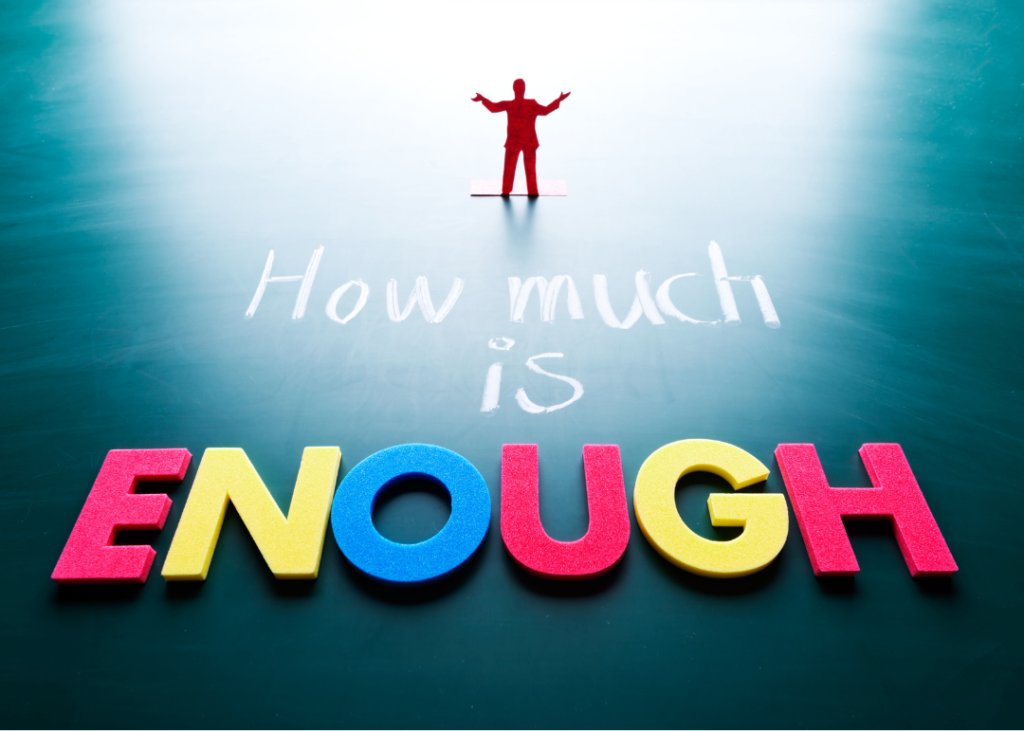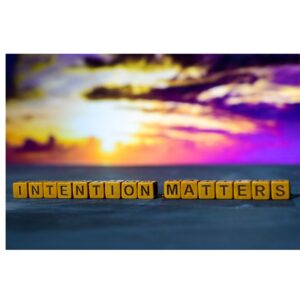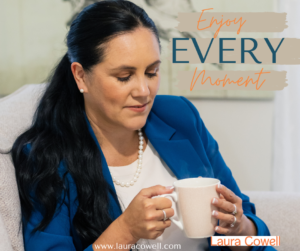I was born in the misty embrace of Tuntable Falls, nestled in the Northern Rivers region of New South Wales. Life there was raw, authentic, and, in hindsight, profoundly grounding. We didn’t have electricity. Our days revolved around sunlight, and our nights were illuminated by the soft glow of oil lamps and the endless expanse of stars. My family lived off the land – by choice!
We grew most of our food, drank water from the creek, and relied on the rhythm of nature to guide our lives. If we needed something, we created it, repaired it, or went without. The concept of “waste” didn’t exist in our world because there was no room for it. Life was hard, but it was simple. And I’ve come to learn that in its simplicity, it was deeply fulfilling.
As a child, I didn’t understand the gravity of what we lacked, nor did I feel deprived. I didn’t know about television, video games, or the latest gadgets. I knew the taste of fresh mangoes picked from a neighbour’s tree, the sound of rain on a tin roof, and the feeling of mud between my toes. I knew the joy of swimming in the creek and the peace of a sunset shared with my friends on a quiet hilltop. There were challenges but for that is for a different article.
It wasn’t until I left Tuntable Falls that I encountered the modern world’s insatiable appetite for “things.” Stepping into this society felt overwhelming. Everywhere I looked, there was noise: the hum of appliances, the buzz of phones, the constant barrage of advertisements telling me I needed more—more clothes, more devices, more status symbols. And I began to ask myself, how did we become a society so fixated on acquiring so much of nothing?
What do I mean by “nothing”? I mean the things that clutter our lives without enriching them. The fleeting dopamine hits from online shopping, the gadgets we use once and discard, the endless cycle of trends that leave us chasing after the next big thing. These are the things we’ve been told to value, yet they often leave us feeling emptier than before.
Growing up without electricity taught me resilience, resourcefulness, and gratitude for the essentials. We valued relationships, shared meals, and the land that sustained us. Today, I wonder if I have traded those priceless connections for convenience and consumption. We have more, but do we feel fulfilled? We’re more connected than ever digitally, yet loneliness is at an all-time high.
As I reflect on these contrasts, I’m not advocating for a return to life without electricity or modern conveniences. But I do believe we need to pause and question the narrative that tells us more is always better. What would our lives look like if we shifted our focus from accumulation to connection? From excess to enough?
Perhaps the answer lies in remembering what I learned as a child in Tuntable Falls: that a life stripped back to its essentials can still be rich, meaningful, and beautiful. Maybe the secret isn’t in what we add to our lives but in what we’re willing to let go of.
As I continue my life journey, I carry the lessons of my upbringing with me. They guide me as a CEO, a Councillor, a mother, a grandmother and a member of this community. And I hope, in some small way, to inspire others to reflect on what truly matters. Because in the end, it’s not the things we own that define us but the lives we live and the impact we leave behind.
Are we living for what’s real, or are we chasing after more of nothing?





